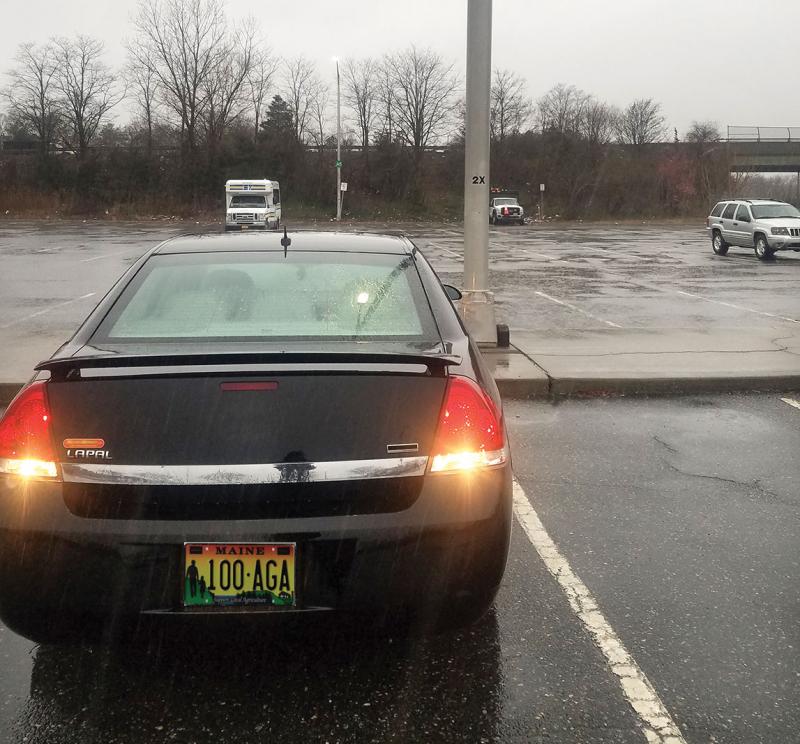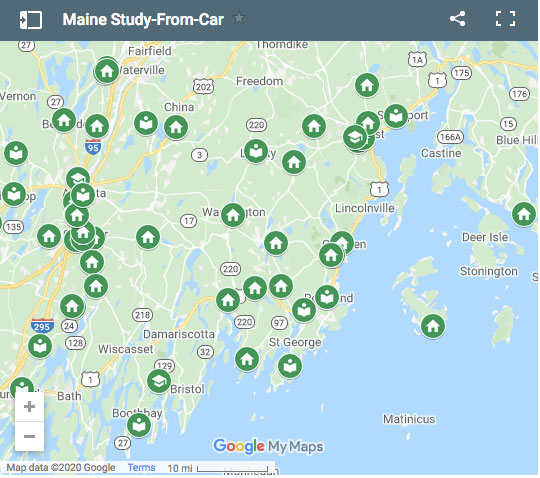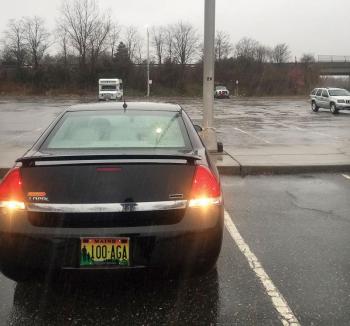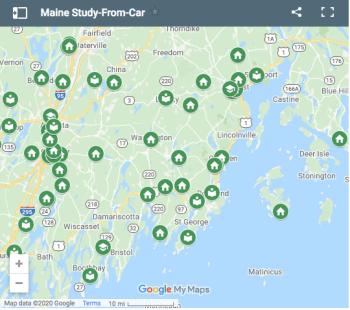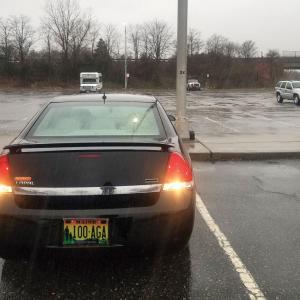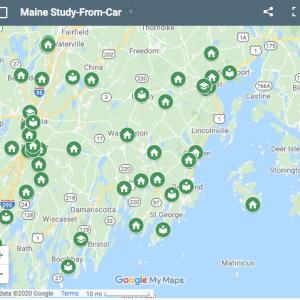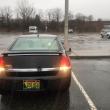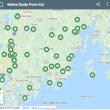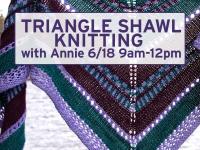What are Maine families without internet connection supposed to do for the rest of the school year?
When Maine schools closed in mid-March due to COVID-19, it was supposed to be temporary with schools switching to a remote learning option for only two weeks. Gov. Mills’ stay-at-home order then extended that date until April 30.
On April 8, the deadline changed again, when Maine Education Commissioner Pender Makin recommended all Maine schools cancel in-person classes for the remainder of the year and rely on online learning instead.
This might be a workable solution for many households, but only if families have an internet connection at home.
According to a 2018 U.S. Census study, 80 percent of Maine households had a broadband internet connection. That leaves some 70,000 Maine households without Internet access, according to the United States Census Bureau from a 2018 American Community Survey.
“Children without connectivity are at risk of not only being unable to complete their homework during this pandemic, but being unable to continue their overall education,” wrote Senator Angus King and colleagues in a March 23 letter to Congress.
Maine State Librarian James Ritter said Maine was suddenly overwhelmed by the immediate need for internet access for all.
“We’ve been talking about the Digital Divide for a very long time in Maine and now we got hit with a situation, where all at once, for an extended period of time, we need to solve the problem of inadequate internet access,” said Ritter.
The state needed an immediate solution. That’s where Maine’s libraries, K-12 schools, the University of Maine System and a handful of internet providers stepped up to offer free WiFi. NetworkMaine started a “Study From Car” Initiative (see sidebar) using a wireless initiative for schools and libraries to open their wireless connection outside the building to the public, while the University of Maine opened wireless access to multiple Campus and Center parking lot locations. In the Midcoast, that includes the UMA Rockland Center (back parking lot) and the Hutchinson Center in Belfast.
"It is not just K-12 students needing Internet access,” said Jeff Letourneau, executive director of NetworkMaine. “It is students of all ages and grade levels that find themselves struggling to complete their school year because they do not have Internet access at home. The Study From Car Initiative attempts to provide an immediate option, but Maine needs to get serious about solving its broadband problems."
“It’s a complete triage approach,” said Ritter. “You’re seeing companies and municipalities giving you unlimited data, turn a library parking lot into an Internet hotspot and basically taking that initiative, which is terrific. The Maine School Library Network (MSLN) is offering connectivity through more than 900 schools and libraries and in some rural communities. That’s why we have said to anyone with an MSLN connection: ‘Open up your WiFi; don’t password restrict it. Create a guest network and throw that signal out for people to be able to park in your parking lot and access the internet. While it’s not ideal for parents to try to be teaching their kids in cars—what kid wants to do homework in a car? It’s something, better than nothing.”
“There are about 600-plus schools on this MSLN network that have this high-speed connection that have, in fact, opened their WiFi so people can drive up to the school, that may not be on this map,” he said. “What we’re trying to do is get schools and libraries to self-identify on this map, so that more may join.”
“Open up your WiFi; don’t password-restrict it. Create a guest network and throw that signal out for people to be able to park in your parking lot and access the internet.”
—Maine State Librarian, James Ritter
Some rural libraries are the only hotspot locations for the internet connection, yet, not all are yet participating.
“Libraries in the MSLN are receiving a publicly paid-for internet connection and we know some libraries create a password, but many do not,” said Ritter. “What we’re trying to encourage them to do is contact us so we can show them how to do this. We hold weekly Zoom meetings for any interested libraries or staff who are interested in attending. This is not the time to restrict access.”
Right now, this is the best that the state can offer in terms of a temporary solution.
If your library or school wants to participate in this internet hotspot initiative, drop an email to: NOC@maine.edu or fill out this form For those older libraries that need help boosting their signals past the physical boundaries of library walls, see this helpful tip.
Kay Stephens can be reached at news@penbaypilot.com
Event Date
Address
United States

